Does the NBA Test for Drugs?
The NBA, as with all other major professional sporting organizations worldwide, enforces certain personal and professional aspects on their respective athletes. From rules regarding allowable jewelry while on the court to the recently relaxed NBA dress code, enforced by the former NBA commissioner David Stern.
However, and perhaps, the most stringent of all requirements across the various sporting leagues revolves around the use of drugs.
From personal, recreational use to performance enhancing ones, the NBA, the MLB, the NFL, and the NHL all have strict prohibitions surrounding the use of certain drugs.
But, does the NBA test for drugs?
And, if so, which drugs are tested for and which ones will be a violation of league rules?
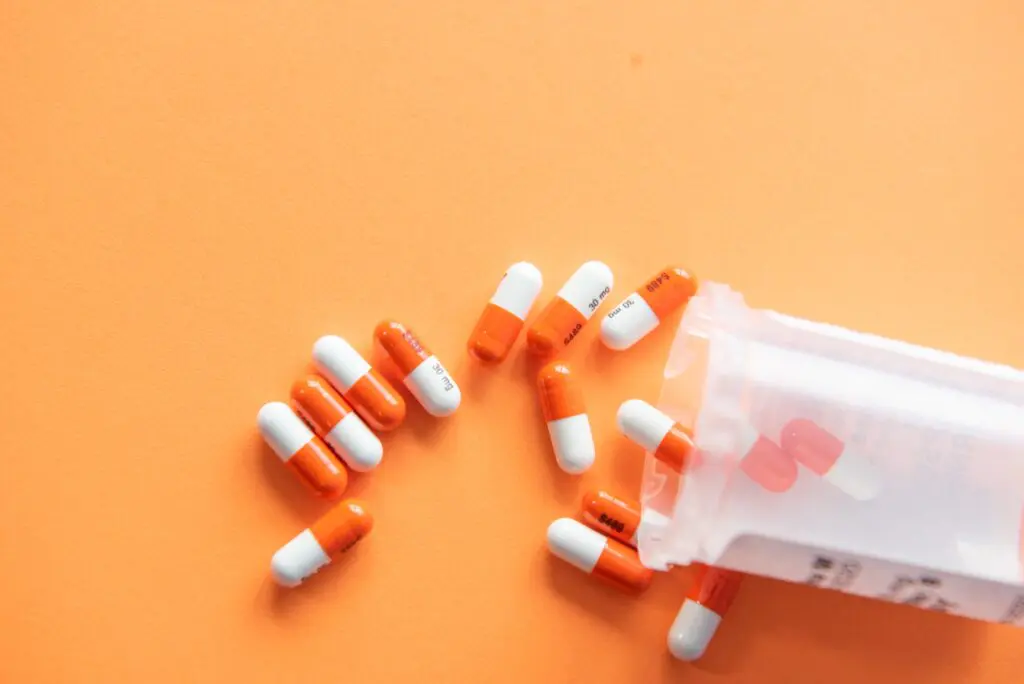
Which Drugs Are Prohibited for Use in the NBA?
The NBA, as a for-profit basketball league, goes to great lengths to ensure the integrity and honesty of the game is maintained. And as a measure of this integrity, the NBA has enacted several rules regarding the use of personal, recreational drugs and performance enhancing ones.
However, while several personal and recreational drugs are prohibited for use by a player, coach, or arena personnel, there are some drugs which the NBA does not test for.
Per the NBA’s official statement, the NBA prohibits the use of human growth hormones and performance-enhancers for any NBA athlete, regardless of injury or reason.
Similarly, the NBA prohibits the use of so called “drugs of abuse”. These drugs include, but are not limited to, methamphetamine, cocaine and opiates.
However, most notably not included, is the use of marijuana. Although once considered a “drug of abuse” by the league, the NBA has ceased its prohibition and testing of players for marijuana since the 2020-21 NBA season.
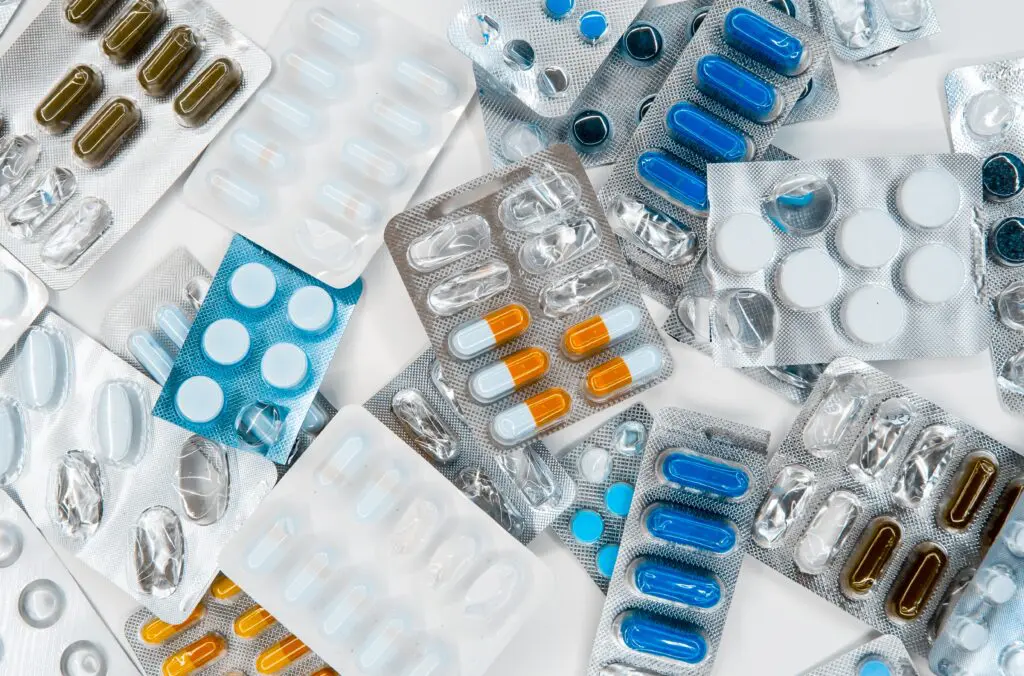
Does the NBA Test NBA Players for These Drugs?
As the NBA has strict prohibitions regarding certain personal, recreation drugs and drugs which can enhance a players performance, the league goes to great lengths to test players to ensure adherence to the rules and regulations.
That is, the NBA actively and proactively tests NBA players for drug use and will enact severe penalties on an NBA player found to have abused the policy.
How Often Does the NBA Test NBA Players for Drug Use?
The NBA, alongside the NBA Players Association (NBPA), has agreed upon a set number of tests to be conducted by the league on players throughout the NBA season and offseason.
Per the latest agreement, the NBA is capped at 2,125 tests, which comes out to roughly 4 tests per player in the league.
To dive a bit further, the agreement between the NBA and the NBA Players Association, NBA players can be randomly tested up to four times during the regular season and twice during the offseason, with half the tests for human growth hormone.
In addition, an NBA player who refuses to submit to a random drug test shall be treated as if the test were positive, with penalties being enforced the same.
And lastly, there is also a clause allowing for players to be tested for “reasonable cause”.
Reasonable cause testing is triggered by league officials going to the drug program administrator with credible information that a player has been using or is in possession of a drug.
The NBA is, however, limited to a maximum of four drug tests in a span of six weeks when a reasonable cause has been submitted.
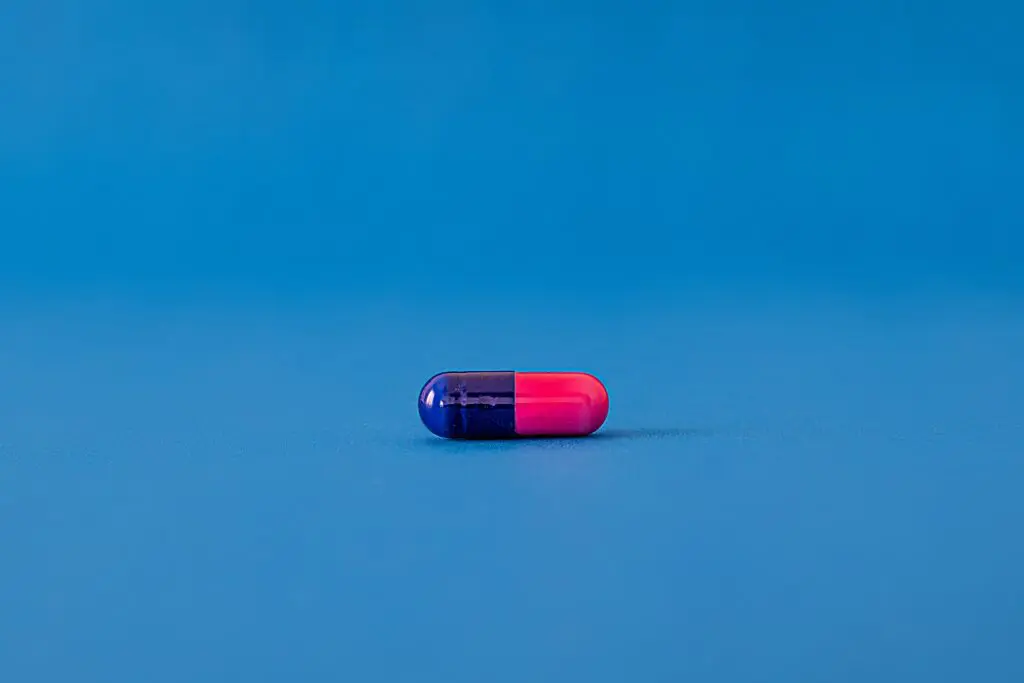
Why Does the NBA Drug Test its Players?
A common question that is asked with regards to the NBA’s drug policy is, just why does the NBA drug test, and enforce a drug exclusion policy, on its players?
And while the number of tests per year is somewhat reasonable, the question warrants an answer.
The main reason that the NBA enforces a drug exclusion policy and completes random drug tests on its players is two-fold.
The first, and main, reasons is due to integrity of the game. With the MLB having been in the center of a performance drug enhancing scandal just a decade ago, the NBA is looking to avoid such conversations.
By ensuring that no NBA player is utilizing a performance enhancing drug, the NBA is able to offer an enjoyable and honest product to its fans, wherein the players compete without the assistance of any performance enhancing product.
And secondly, is quite simply, optics.
The NBA is, quite frankly, in the business of making money. By ensuring that no NBA player is under the influence of illegal and harmful drugs, the NBA can present those players as model citizens and individuals to their fans.
Similarly, a player who does abuse the prohibitions, is at risk of attending an NBA event under the influence, potentially damaging the NBA’s carefully curated image of respectability.
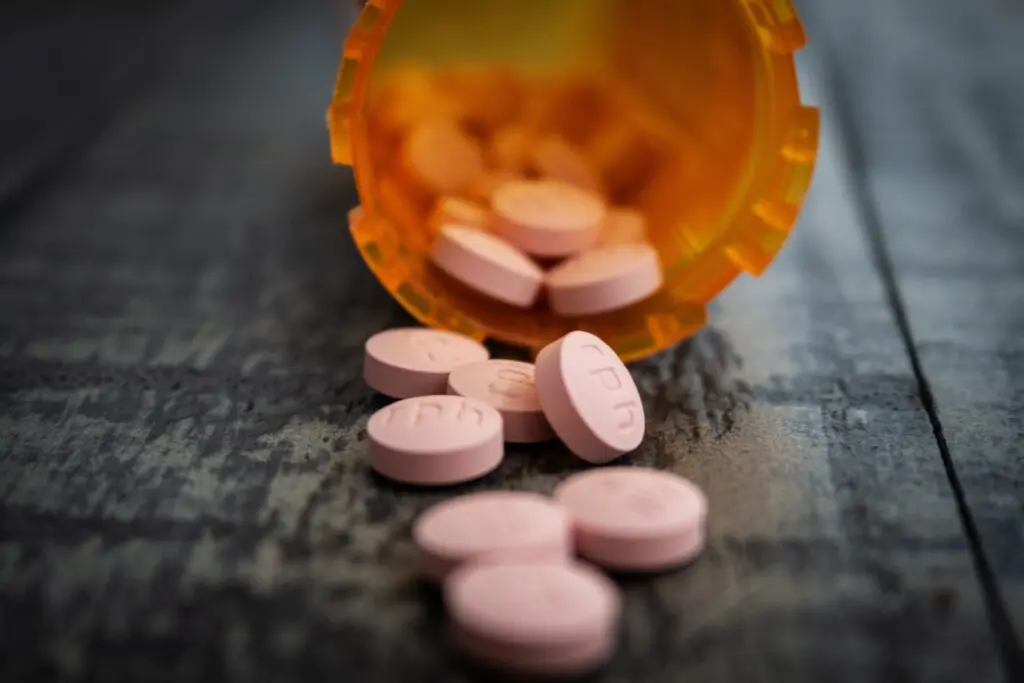
Why Doesn’t the NBA Test for Marijuana?
Admittedly a refreshing change, the NBA and the NBA Players Association have agreed to move past testing players for marijuana use. And while no data has been compiled regarding the use of marijuana in the NBA, it is safe to assume that a number of NBA players have engaged in its use.
Similarly, with more than half of the states in the United States having decriminalized possession of small amounts of marijuana, and nearly 18 states having completely legalized marijuana, it is simply far too difficult to continue to test NBA players for the drug.
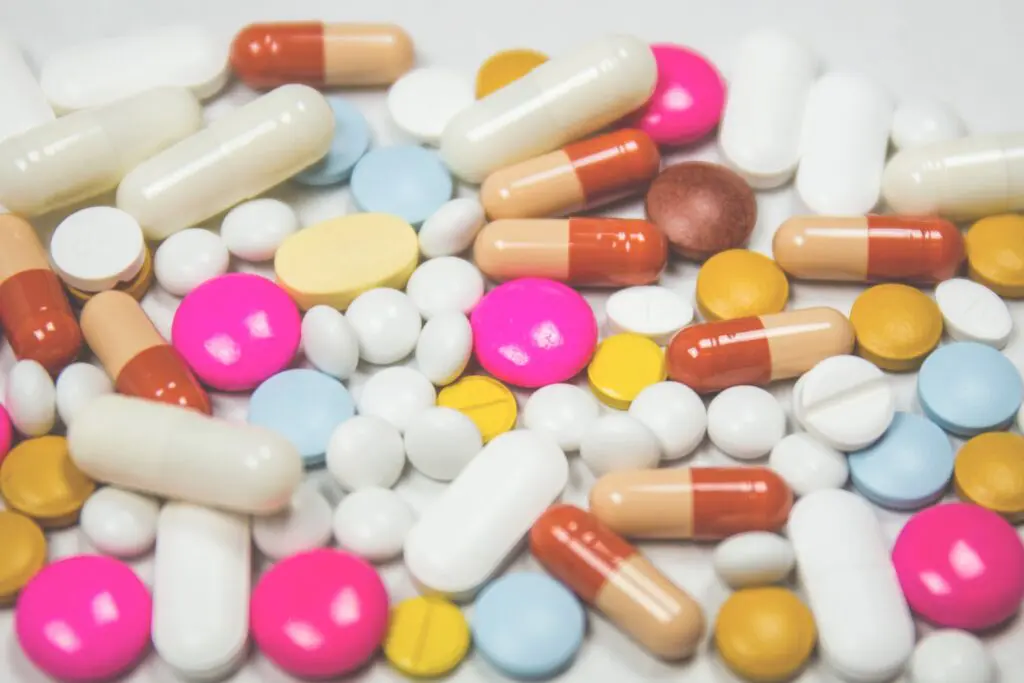
What Are the Penalties for a Player Who Violates the Drug Rules?
The NBA, in an effort to be more understanding and sympathetic with its players, has a number of programs which aim to help and assist an NBA player through their drug use.
As such, an NBA player who comes forward to admit to the use of a prohibited drug will, “enter [the Program] must comply with the in-patient treatment or aftercare ordered by the Program’s Medical Director (or SPED Medical Director, as applicable), including, but not limited to, random testing on a frequent basis for prohibited substances and alcohol.”
However, if a player does come forward voluntarily then, “there is no penalty to a player coming forward voluntarily for marijuana or for a drug of abuse, if he has never been in the Program for a drug of abuse.”
However, if a player is found to have used a prohibited drug, then the penalties will accrue as such:
- A player’s first positive test results in a 10-game suspension
- A player’s second positive test results in a 25-game suspension
- A player’s third positive test results in a 1-year suspension
- A player’s fourth positive test results in a 2-year suspension
